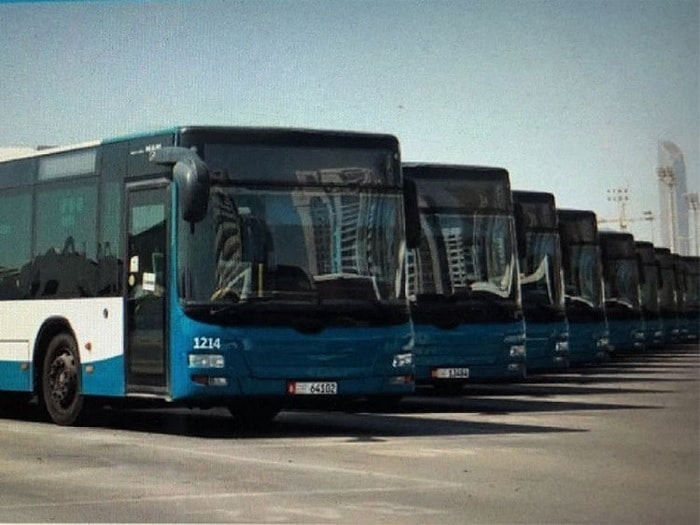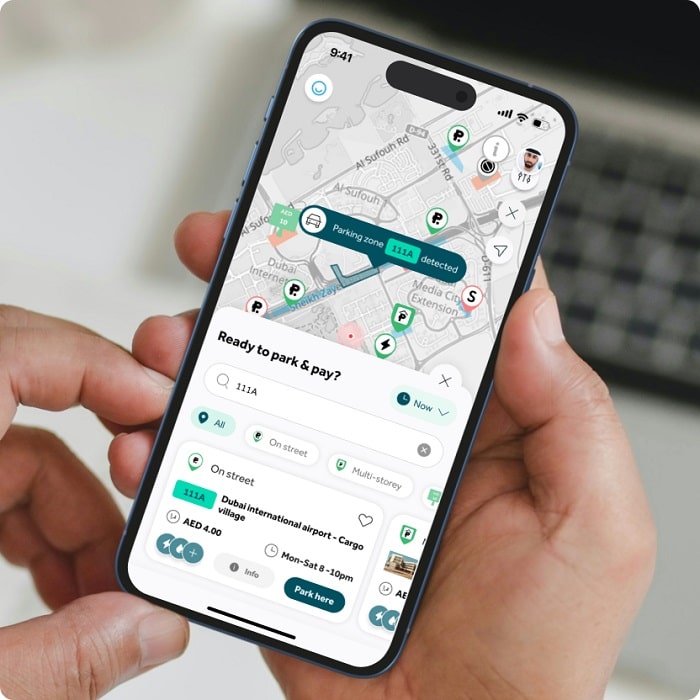ZAI Platform to help Non-Native speakers learn Arabic
A new digital platform introduced in the UAE is set to transform how Arabic is taught and learned. The ZAI Platform, an open-source learning hub, offers innovative tools and resources for Arabic teachers and non-native speakers, making education more accessible and impactful.
Designed as a free resource, the platform provides educators with materials to foster literacy, nurture critical thinking, and inspire a deeper connection with the Arabic language. Dr. Hanada Taha Thomure, endowed chair of Arabic Language at Zayed University, highlighted the platform’s inclusivity:
“We have curated Arabic vocabulary and phrases with English translations and transliterations to help expats and non-native speakers pronounce them correctly. The selected words cover everyday interactions, such as greeting people, ordering food, and shopping, making communication with Arabic speakers more effective.”
Empowering Teachers and Students
The Platform equips educators and students with tools to improve learning outcomes. Dr. Hanada emphasized its role in preserving linguistic heritage and promoting cultural identity:
“Our vision is to empower teachers to influence millions of students across the region. By providing accessible resources, we hope to inspire students to embrace the richness of the Arabic language. It’s our shared responsibility to pass on our linguistic heritage to future generations.”
The platform offers a variety of resources, including training materials, visuals for Arabic vocabulary and morphology, poetry, educational tips, webinars, and conferences. It is continuously updated with new content to meet evolving educational needs.
Collaborative Efforts
Developed by Zayed University, the ZAI Platform is supported by the Department of Education and Knowledge (ADEK) and the Abu Dhabi Arabic Language Centre in collaboration with NYU Abu Dhabi. Initiatives such as the first Arabic Phonics Programme and the advancement of the Barec tool underscore its comprehensive approach.
Shamma Sohail Al Mazrui, Minister of Community Development and chair of Zayed University’s Board of Trustees, emphasized the importance of the Arabic language:
“The Arabic language is the heartbeat of our identity. It is our duty to empower educators and inspire students, equipping them to safeguard our linguistic heritage in an interconnected world.”
Advanced Tools for Personalized Learning
The ZAI Platform includes sophisticated tools to enhance learning:
- SARD (Smart Arabic Reading Diagnostic Tool): This tool assesses students’ reading abilities through a series of tasks tailored to their grade level. Results help teachers identify learning gaps and customize support to meet individual needs.
- Barec (Balanced Arabic Readability Corpus): This readability tool aligns teaching materials with students’ literacy levels. The project aims to compile a 10-million-word corpus to create tailored educational resources, such as lesson plans, reading lists, and children’s books.
By combining innovation and accessibility, the ZAI Platform is poised to redefine Arabic education, fostering a love for the language while equipping learners and educators with tools for success.






